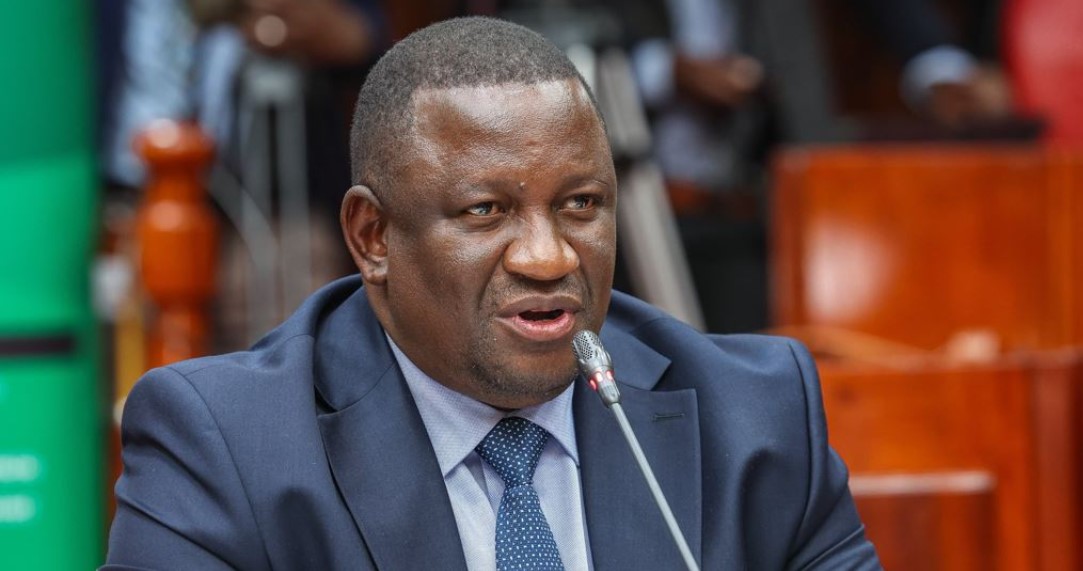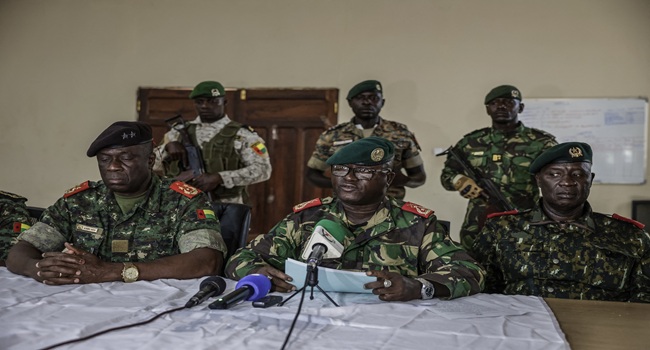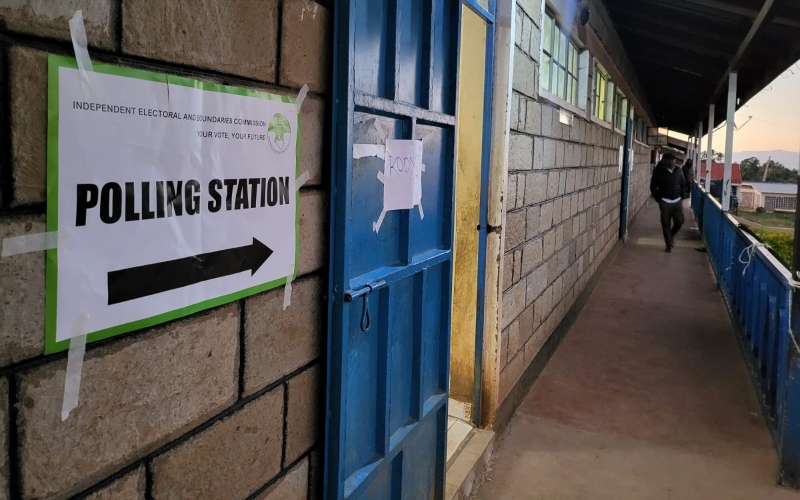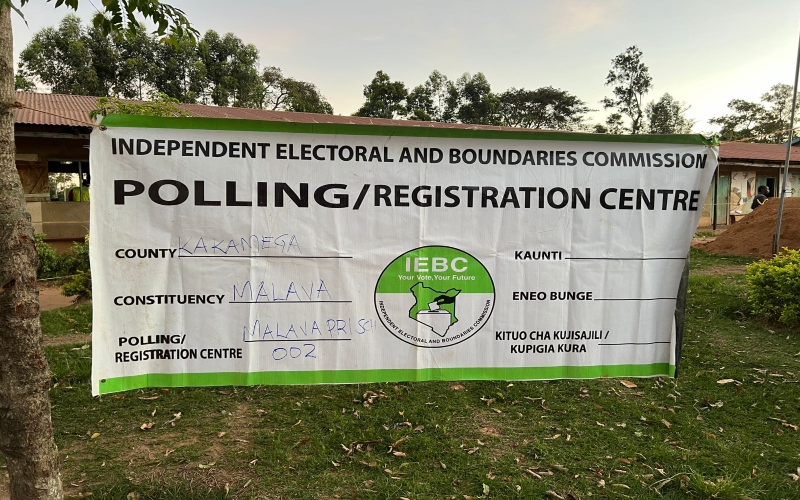Mvurya reveals plans for Kenya's venture into industrial fishing

The former Mining, Blue Economy and Maritime Affairs CS, said the government licensed the vessel TXORI GORRI recently to help the country kick off industrial fishing along the Kenyan coast.
Investments, Trade and Industry Cabinet Secretary nominee Salim Mvurya has shed light on Kenya's authorisation of a Spanish tuna fishing vessel to harvest fish for the country along the Indian Ocean.
The former Mining, Blue Economy and Maritime Affairs CS, said the government licensed the vessel TXORI GORRI recently to help the country kick off industrial fishing along the Kenyan coast.
More To Read
- Talanta Sports City Stadium 66 per cent complete, set for opening on February 2026
- Senate demands answers on Sh419 million Deaflympics budget
- Lamu’s blue economy poised to soar as Kenya seeks bids for Sh2.5 million fishing boats
- Kwale youth officers accused of laxity, poor performance in Government projects
- Contaminated water from River Kibos blamed for fish deaths at Dunga Beach
- Isiolo Stadium works resume after six-year delay
"Since independence, the country has not had an industrial vessel, so we licensed the first one which is going to be an avenue for industrial fishing and provide sh4 billion income every year in the Indian Ocean. Our target was to do three before the end of the financial year but in the last two weeks we gave license to one vessel and more are coming to ensure that we can inspire the potential in the blue economy sector," he said.
He revealed this in response to a question posed by Deputy Speaker Gladys Boss on the achievements the Ministry of Blue Economy made during his leadership.
Mvurya said the vessel though, foreign-owned will have Kenyans as part of the crew to aid in the operations.
House Speaker Moses Wetangula however sought to find out what percentage of the crew will be Kenyans, insisting that the law provides that the locals be up to 40 percent.
"We haven't signed the agreement yet, that was part of the negotiations but we were looking at between 15 to 30 percent Kenyans. The negotiations have not been completed, I'm sure my colleagues will take note of that," Mvurya said.
On Sunday, Blue Economy PS Betsy Njagi announced Kenya's commencement to industrial fishing with the flagging of the vessel at the Indian Ocean.
Govt authorised
The PS said the vessel has been authorised by the government and is currently operating under Kenyan regulations.
"No vessel can fish for tuna and tuna-like species without authorisation. Flag states are responsible for the vessels in the Record of Authorised Vessels and have the right to control their operations and report to the Indian Ocean Tuna Commission," she explained.
She further noted that catches from such vessels belong to the countries which have flagged them.
"In case of any wrongdoing by a flagged vessel, the flag state is expected to take actions as per the country's regulations," she added.
Marine traffic data shows the vessel has been in the Indian Ocean for over a month.
Mvurya who was being vetted for the Trade CS slot highlighted his other achievements as the re-listing of Kenya as a category C maritime country following intense lobbying.
The listing means that Kenya together with other elected States will assist in the coordination of activities of the organs and supervise the work of the International Maritime Organisation (IMO).
Other achievements included reforms around fish licensing that introduced an Organised licensing cadastre where investors apply online and test their products in eight decentralized labs across the country amongst others.
In the mining sector, he boasted of onboarding investors to mining fields across the country to do value addition amongst them; a Sh5.8 billion gold refinery investor in Western Kenya, a Sh4.8 billion fluorspar refinery investor in Elgeyo Marakwet, another investing Sh2.5 billion in Vihiga county a Sh11 million investor in iron ore in Taita Taveta, that will also benefit Tharaka in a place called Kithiori as well as Kitui.
"Exporting raw materials denies the country a lot of revenue and jobs," he said, adding that artisanal miners have been grouped into 300 cooperative societies that are ready for licensing across the country.
The setting up of a mining police unit he said has been critical in curbing insecurity at mining sites across the country.
Top Stories Today















































